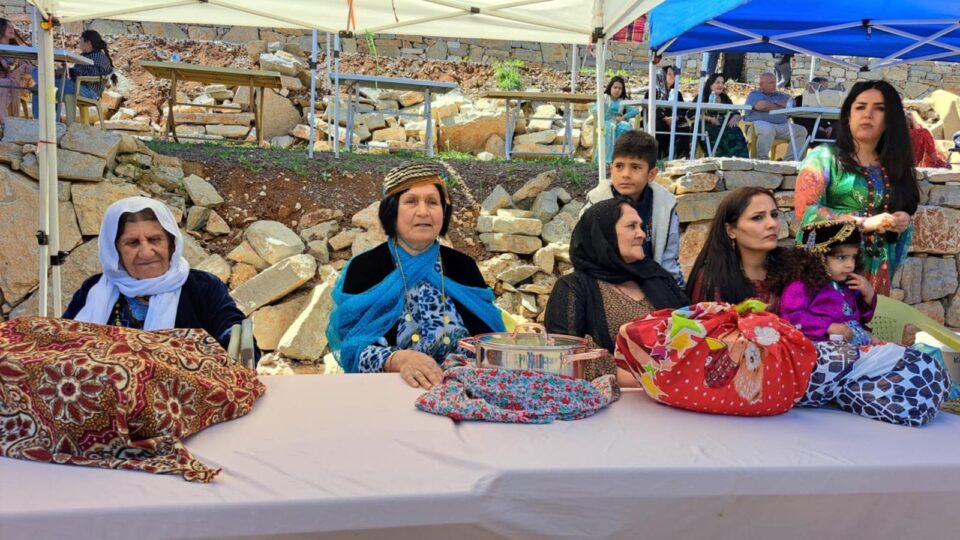In a vibrant display of heritage and unity, the Kakei community of Halabja revived one of its most cherished traditions on Friday, celebrating a centuries-old ceremony that underscores generosity, forgiveness, and cultural pride.
The Kakeis, a unique ethnic and cultural group in the Kurdistan region of Iraq, are widely recognized for their hospitality, spiritual depth, and strong communal values. Deeply rooted in both Kurdish and Islamic traditions—with influences tracing back to pre-Islamic times—the community honors its customs through festivals and practices that emphasize charity, solidarity, and coexistence.
One of the most significant of these celebrations is the “Yarani Qawltasa” festival. Marked by a three-day fast, this annual event is followed by a sacred tradition observed in the Hawari area near the Halabja border. Known locally for its spiritual importance, the ritual dates back to the year 150 Hijri, during the time of a revered figure named Shakhawshen. Legend holds that during his burial at Hawar Castle, community members remained for an extended period, solidifying the tradition of mutual support and symbolic giving.
Historically, the ritual involved livestock owners donating milk to those without. Today, the essence of that act endures through the giving of food, gifts, and mutual forgiveness. Participants are encouraged to set aside differences and offer kindness freely, reinforcing a communal bond and a commitment to peaceful coexistence.
This year’s celebration on April 18 was marked by the distribution of traditional Kurdish foods, with men and women proudly wearing authentic Kurdish attire. The atmosphere was enriched with the sounds of tambour music and traditional songs, adding joy and color to the meaningful gathering.
“The tradition is not just about giving material goods,” said one community elder. “It’s about nourishing the spirit of unity, love, and forgiveness—a reminder that generosity defines who we are as Kakeis.”
As Kurdistan continues to celebrate its cultural diversity, the Kakei community’s commitment to preserving and reviving ancient customs stands as a powerful testament to the enduring values of compassion and cultural pride.


